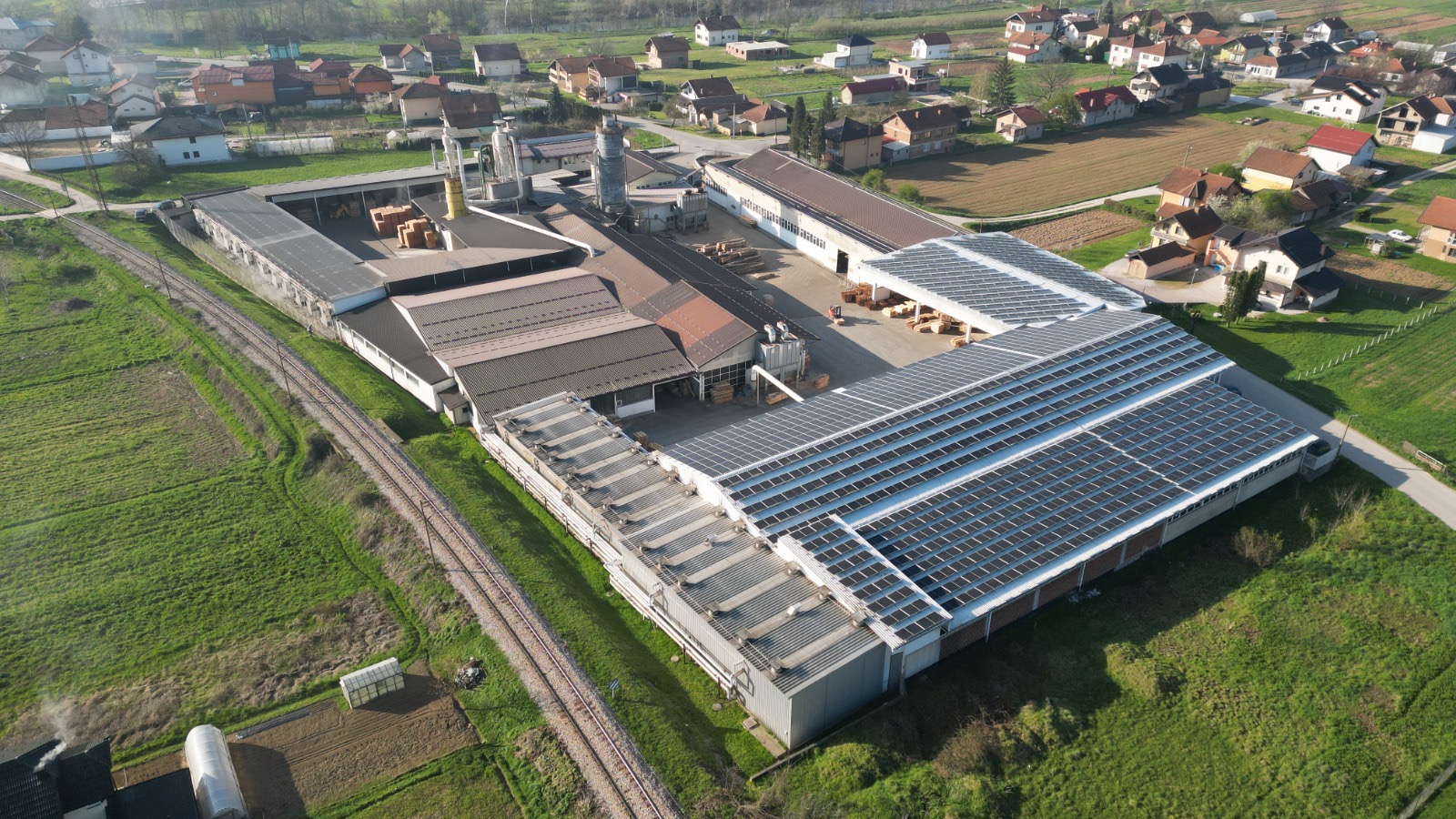Who we are
Overview: about the EBRDWho we are
Overview: about the EBRD
Our story
Learn about the EBRD's journey to investing more than €220 billion in over 7,800 projects.
- Our background and history
- Our organisation
- Our values
- Strategies, governance and compliance
- Project accountability
What we do
Overview: how the EBRD operatesWhat we do
Overview: how the EBRD operates
How we deliver systemic impact
Across three continents, the EBRD supports the transition to successful market economies.
- Where we work
- Products and services
- Sectors we work in
- Our projects
- Focus areas and initiatives
- Economic research
Work with us
Overview: how you can work with the EBRDWork with us
Overview: how you can work with the EBRD
What we offer for businesses
We draw on three decades of regional knowledge and financial expertise to tailor our products and approaches to each client's needs.
- Businesses
- Investors
- Donors
- Researchers
- Civil Society
- Alumni
- Nominee Directors
- Trade finance
- Careers
EBRD and EU help Bosnian furniture maker to cut costs with solar energy
Author: Bojana Vlajcic

How SECOM is going green to thrive in a changing world
In the busy industrial outskirts of Visoko, Bosnia and Herzegovina, the scent of freshly chopped wood hangs in the air. It comes from the SECOM production site, where towering trunks of oak and other locally sourced timber await their transformation into finely crafted furniture components.
The company, which specialises in the production of wooden panels, has endured many challenges in its 35-year history. However, those that the company is facing today might be the most significant yet, and are forcing it to rethink its business model and make some important changes.
“This is one of the hardest times that we have been through,” says Amela Trako, who has been with SECOM since the company’s inception. “We need to adapt on many levels. From global instability and a challenging trade situation, particularly in the wood industry where there has been a drop in export prices of some products, to new carbon regulations and higher energy prices – all of it affects our business.”
Turning green in tough times
One significant change that the company made was to turn to solar energy to power its production.
SECOM took out a loan from Intesa Sanpaolo Bank d.d. BiH, which accessed the funds under the SME Go Green programme – an initiative funded by the European Bank for Reconstruction and Development (EBRD) and European Union (EU) that helps small businesses reduce their environmental impact and operating costs. With the money, SECOM installed rooftop solar panels across its production halls.
And the impact has been immediate.
“Since installing the solar plant in November, our electricity costs have dropped by 20 per cent, which is significant considering that we are spending tens of thousands of euros on electricity each month,” says Trako. “We’re expecting even greater savings over the summer months.”
Following its successful investment, the company received a cashback grant totalling 15 per cent of the investment amount, financed by the EU.
But the move isn’t just about lowering bills. It’s also a strategic investment to maintain and grow its business in the EU. SECOM’s primary trade partners are in Germany and Denmark, where environmental standards are strict and getting stricter.
“We know that to keep trading with EU countries, we need to show our commitment to reducing our carbon footprint, especially regarding the energy that we use for our production,” Trako explains.
The company’s new solar power system, comprising five integrated rooftop panels with a total capacity of 580 kW, is central to that effort – a visible commitment to sustainability in an increasingly eco-conscious marketplace.
Digitalisation for better results
SECOM’s green focus is just one part of a broader transformation. The company is also embracing digitalisation and automation in response to a shrinking workforce.
“Visoko has many production companies but not enough workers,” says Trako. “A lot of people have left for EU countries, so we face a serious labour shortage.”
To address this, SECOM plans to automate certain high-risk or repetitive tasks – a move that promises not only to improve efficiency and scale up production but also to enhance safety and working conditions.
Nothing goes to waste
Sustainability at SECOM extends beyond the energy it uses for manufacturing. The company’s production model is proudly circular. While its main products are solid wood panels for use in furniture manufacturing, leftover wood doesn't go to waste. Instead, it’s processed into wooden pellets and briquettes.
“The revenue from those products makes up less than 10 per cent of our total sales,” Trako notes, “but that’s not the point. It’s about showing that we recycle, that we’re serious about going green.”
For SECOM, this isn't just a marketing pitch. It’s a necessity. As the EU tightens its environmental regulations, particularly under initiatives such as the Carbon Border Adjustment Mechanism (CBAM), companies across Europe are being pushed to green up their operations – or risk being replaced for other competitors.
SECOM’s journey illustrates the new realities facing manufacturers in the Western Balkans and beyond: green transformation is no longer optional. It’s a business imperative.
